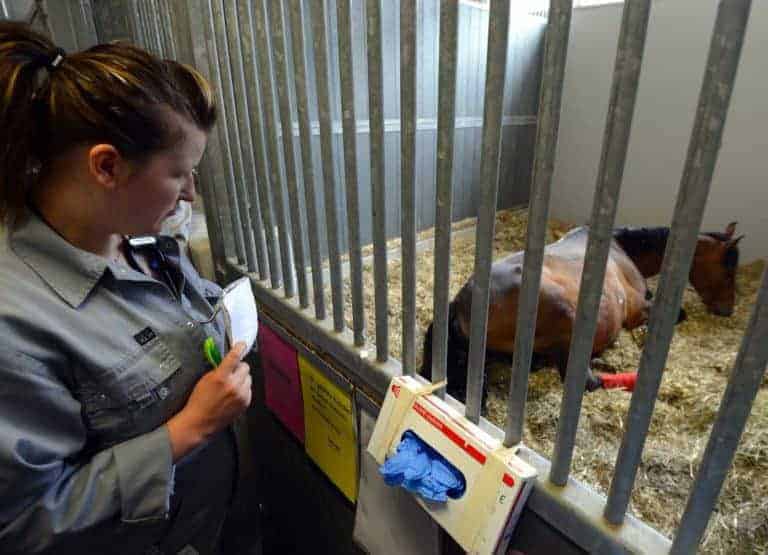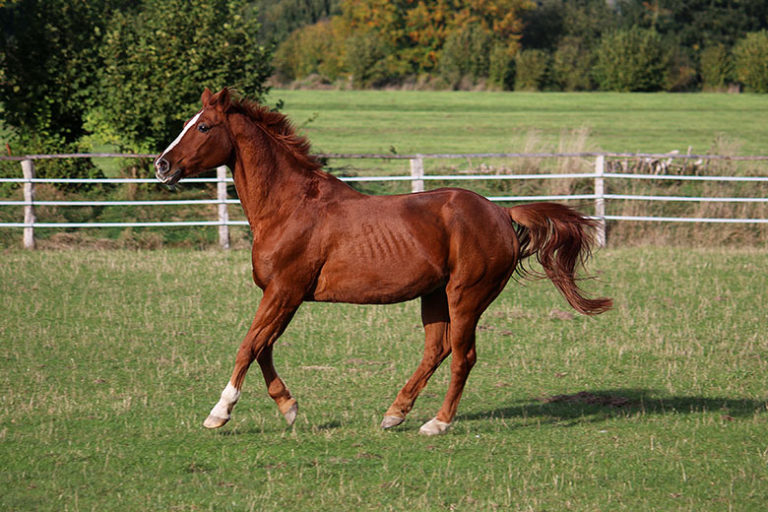Jockey Suspended for Overuse of Whip
Jockey Frankie Dettori was suspended Thursday for 14 days for overuse of his whip while guiding Ramonti to victory in last month’s Queen Anne Stakes at Royal Ascot.
A disciplinary panel was told that Dettori struck his mount 25 times















